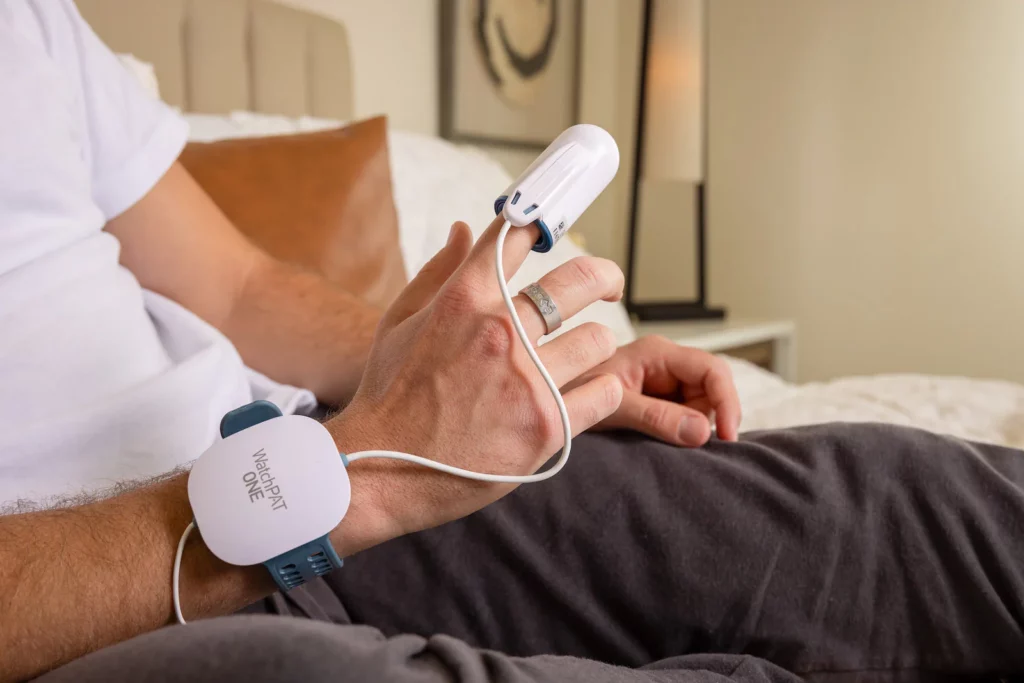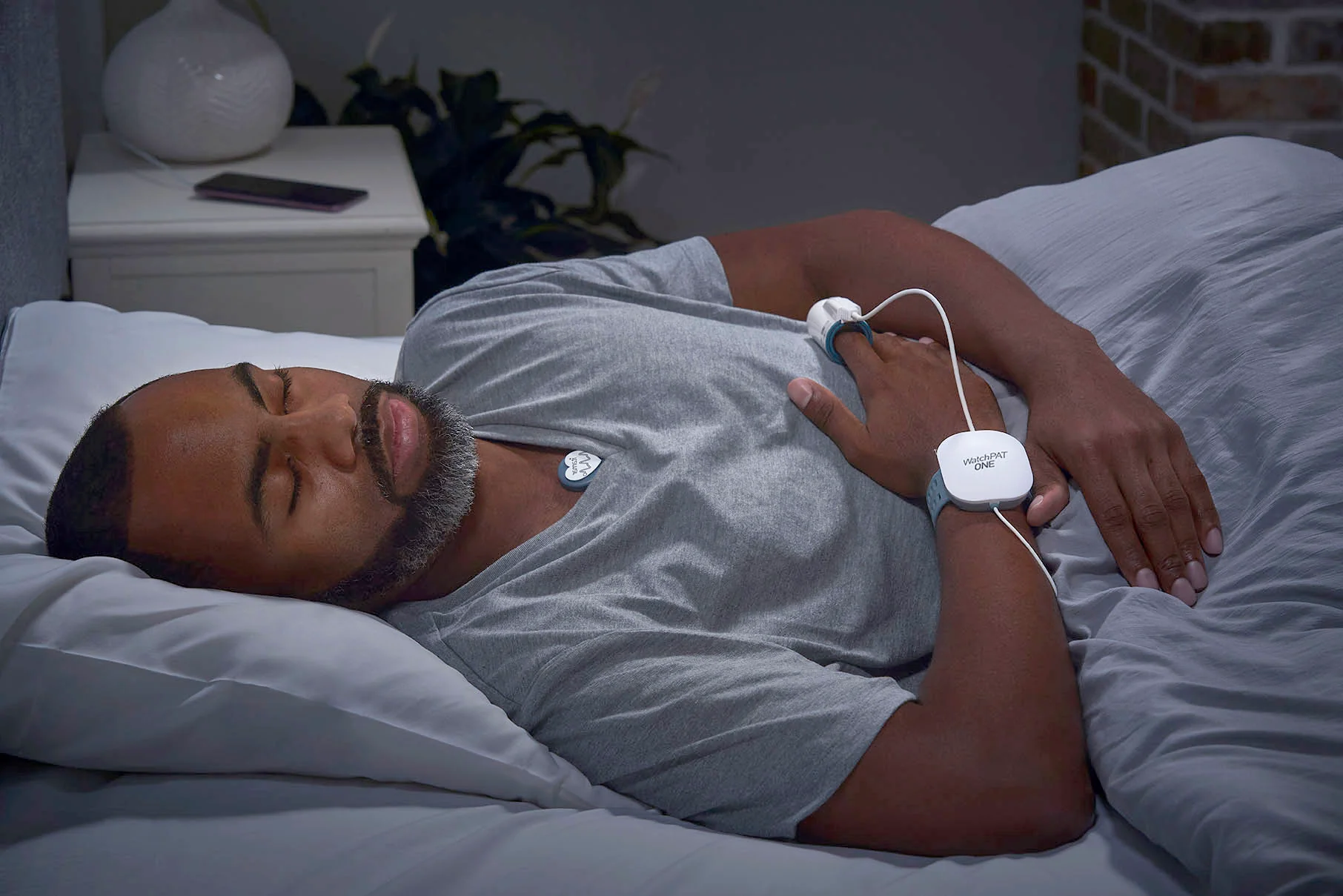A sleep study test, also known as polysomnography, is a comprehensive examination that monitors various bodily functions while you sleep. This test is crucial for diagnosing sleep disorders, providing insights into the quality of your sleep, and determining the best course of treatment. In recent years, awareness of sleep health has grown significantly, prompting many to question whether they might benefit from undergoing a sleep study. This article explores what a sleep study entails, its importance, and whether you might need one.
Understanding Sleep Studies
In conclusion, a sleep study test can provide invaluable insights into sleep health and help diagnose various sleep disorders. If you are experiencing symptoms such as chronic fatigue, loud snoring, or difficulty concentrating, it may be worth discussing the possibility of a sleep study with your healthcare provider.
What Happens During a Sleep Study?
During a sleep study, patients are typically monitored overnight in a sleep clinic or at home using portable devices. The process involves attaching sensors to the body to measure brain activity, eye movements, heart rate, breathing patterns, and oxygen levels. These readings help specialists understand how well a person sleeps and identify any irregularities that may indicate a sleep disorder.
The environment in a sleep clinic is designed to be as comfortable as possible, with private rooms and a relaxing atmosphere. Patients are encouraged to maintain their usual sleep routines to ensure accurate results. Home sleep tests, on the other hand, may involve simplified monitoring equipment that patients can use in the comfort of their own beds. The use of advanced technology allows for a comprehensive analysis of sleep patterns, providing invaluable insights into the quality of sleep and its impact on overall health.

In addition to the physical monitoring, patients may also be asked to keep a sleep diary leading up to the study. This diary can include details about sleep habits, such as bedtime, wake time, and any disturbances throughout the night. Such information can be crucial for sleep specialists, as it offers context to the data collected during the study, helping to paint a fuller picture of the patient’s sleep environment and behaviours.
Types of Sleep Disorders Diagnosed
Sleep studies are instrumental in diagnosing a variety of sleep disorders, including:
- Obstructive Sleep Apnoea (OSA): Characterised by repeated interruptions in breathing during sleep, often due to throat muscles relaxing excessively.
- Insomnia: Difficulty falling or staying asleep, which can be caused by stress, anxiety, or other underlying health issues.
- Restless Legs Syndrome (RLS): An uncontrollable urge to move the legs, often accompanied by uncomfortable sensations.
- Parasomnias: Abnormal behaviours during sleep, such as sleepwalking or night terrors.
By identifying these disorders, healthcare providers can recommend appropriate treatments, which may include lifestyle changes, therapy, or medication. Furthermore, understanding the specific type of sleep disorder is essential, as it can influence the treatment approach. For instance, patients with OSA may benefit from the use of continuous positive airway pressure (CPAP) machines, while those suffering from insomnia might explore cognitive behavioural therapy for insomnia (CBT-I) as a more effective long-term solution. The tailored approach to treatment underscores the importance of accurate diagnosis through sleep studies, ultimately leading to improved sleep quality and overall health. Click here to find more about cognitive.
Why Consider a Sleep Study?
Signs You Might Need a Sleep Study
Many individuals may experience sleep issues without realising they could be indicative of a more serious condition. Here are some signs that may warrant a sleep study:

- Chronic Snoring: Loud snoring, especially when accompanied by gasping or choking sounds, may suggest OSA.
- Daytime Fatigue: Persistent tiredness during the day, regardless of how much sleep you get, can indicate poor sleep quality.
- Difficulty Concentrating: Frequent lapses in attention or memory may be linked to sleep disturbances.
If you recognise any of these symptoms, it may be time to consult a healthcare professional about the possibility of undergoing a sleep study. Early intervention can lead to better health outcomes. It is important to note that sleep disorders can affect anyone, regardless of age or lifestyle, and seeking help is a crucial step towards reclaiming restful nights.
The Impact of Sleep Disorders
Sleep disorders can significantly impact overall health and quality of life. Poor sleep is linked to various health issues, including obesity, diabetes, cardiovascular disease, and mental health disorders. Additionally, sleep disturbances can affect work performance, relationships, and daily functioning. The cumulative effects of sleep deprivation can lead to a cycle of worsening health, where the inability to sleep well exacerbates existing conditions, creating a challenging situation for those affected.
Addressing sleep issues through a sleep study can not only improve sleep quality but also enhance overall well-being. Understanding the underlying causes of sleep problems is essential for developing effective treatment plans. For instance, a sleep study can reveal whether one suffers from conditions such as insomnia, restless leg syndrome, or sleep apnoea, each requiring tailored approaches to management. Furthermore, the insights gained from such studies can empower individuals to make informed lifestyle changes, such as adjusting sleep hygiene practices or exploring therapeutic options that promote restorative sleep.
What to Expect Before, During, and After a Sleep Study
Preparation for the Study
Before undergoing a sleep study, patients may receive specific instructions from their healthcare provider. This may include avoiding caffeine, alcohol, and certain medications in the days leading up to the test. It is also advisable to maintain a regular sleep schedule to ensure accurate results. Learn more about alcohol at https://nutritionsource.hsph.harvard.edu/healthy-drinks/drinks-to-consume-in-moderation/alcohol-full-story/
Patients should feel free to ask questions about the procedure, what to expect, and any concerns they may have. Understanding the process can alleviate anxiety and help patients feel more comfortable during the study.
During the Sleep Study
As mentioned earlier, the sleep study can take place in a clinic or at home. In a clinic, patients will have electrodes placed on their scalp, face, chest, and limbs. These sensors are connected to a machine that records data throughout the night. While it may feel strange to have sensors attached, the process is generally painless and non-invasive.
Patients are encouraged to sleep as they normally would, and sleep technicians will monitor them throughout the night to ensure everything is functioning correctly. In a home sleep study, patients will typically receive a simplified device that they can set up themselves, following the provided instructions.
After the Sleep Study
Once the study is complete, the collected data will be analysed by a sleep specialist. Patients will usually receive results within a few days to a week, depending on the facility. The specialist will discuss the findings and recommend appropriate treatment options based on the diagnosis.
In some cases, further studies or follow-up appointments may be necessary to refine the diagnosis or assess the effectiveness of treatment. It is crucial to maintain open communication with healthcare providers throughout this process to ensure the best possible outcomes.
Potential Risks and Considerations
Are There Any Risks Involved?
Generally, sleep studies are considered safe and pose minimal risks. However, some individuals may experience discomfort from the sensors or have difficulty sleeping in an unfamiliar environment. For those undergoing a home sleep study, there might be concerns about properly setting up the equipment.
It is essential to discuss any concerns with a healthcare provider prior to the study. They can provide reassurance and address any specific issues that may arise.
Cost and Accessibility
The cost of a sleep study can vary widely depending on the location, type of study, and whether it is conducted in a clinic or at home. In Australia, many health insurance plans cover sleep studies, but it is advisable to check with your provider for specific details regarding coverage and out-of-pocket expenses.
Accessibility can also be a concern, particularly in rural areas where sleep clinics may be limited. In such cases, home sleep studies can offer a practical alternative, allowing patients to receive necessary evaluations without extensive travel.
Conclusion: Is a Sleep Study Right for You?
Understanding the importance of sleep and addressing any potential disorders can lead to significant improvements in overall health and quality of life. Don’t hesitate to seek help; a good night’s sleep is essential for physical and mental well-being.
Ultimately, the decision to undergo a sleep study should be based on individual symptoms, health history, and professional advice. By taking proactive steps towards better sleep health, individuals can pave the way for a more rested, productive, and fulfilling life.

